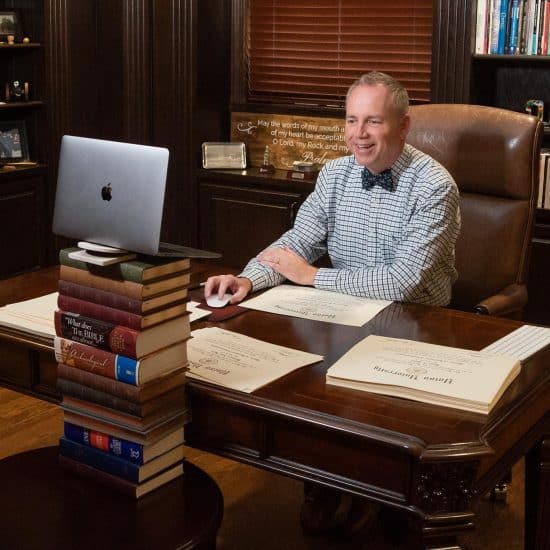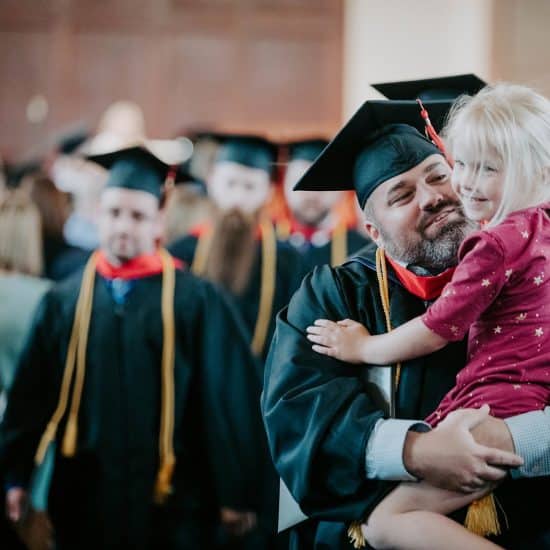The spring school term has come to an end at virtually all levels.
 The end of the term means different things to students at different levels.
The end of the term means different things to students at different levels.
For some, like my preschool granddaughter, it means “graduation.” She is looking forward to transitioning to kindergarten in a few months when she will be in the same school as her 9-year-old brother. Her 12-year-old brother completed his first year of middle school this spring.
In every community, high school graduations are especially big deals, in part because they signify at least 12 years of formal public and/or parochial education and a lot of hard work. No less significant are college graduations. Some of these grads are looking for full-time employment or whatever the next stage of life brings, some mulling over their next step(s) in the process of pursuing and earning advanced degrees.
This is a time to savor the experiences and accomplishments afforded by education — and life — up to this point, whether that involves graduation or a summer break.
Reasons abound for celebrating graduations, especially the high school, trade school or college varieties. The stakes are higher for such grads, and the graduation transition carries with it heavier expectations. Graduates need to understand and sense the seriousness of completing an educational body of work, no matter what the level. And it is not all about landing a work position or signing up for the next round of courses in summer or fall.
Some of us remember feeling we were more grown up — more mature — after high school graduation. For most young people, adolescence is a mix of experiences, some pleasant and some not so enjoyable, some expectations easier to fulfill than others. We all know this stage of life is not always easy. For some, secondary education is full of so many disappointments and missteps that the first reaction for a few is simply to forget those four years even happened. Still, high school usually does its part in helping all of us grow and mature.
No matter what a high school graduate’s grades, each one emerges with bits and pieces of knowledge and insight that will benefit her for years to come. And he will learn things about life that do not appear on written — or even oral — tests but add meaning to life. They help him become the person he will be as a contributor not only for himself and his own family but for the large number of people he will influence and never know it.
Expectations for college graduates are not the same as they were two or three generations ago. “If you want to get a good job or enjoy a comfortable career, work hard and earn a college degree,” many of us were told. Parents encouraged us to secure more education than they received so that our lives “would be better” than their’s. They believed a college degree would guarantee a secure job. Perhaps most of us parents have said that.
Some of us grew up hearing grandparents or other older relatives recall life in the Great Depression that hit the U.S. in 1929 and continued through the 1930s. For many of them, the dream of stable employment for their children and grandchildren translated generally into stability in other areas of life.
Americans and others have experienced national economic depressions in more recent years, and each generation laments the effect not only on itself but on upcoming generations of employment seekers. If it ever was true, earning a college degree is no longer a guarantee of a successful career or even basic employment. Real life isn’t that simple.
Career and economic success — if attained — do not necessarily result either in good jobs or the healthiest, happiest or best-adjusted people. Dealing with adversity — something we do not wish on young people — helps us grow, and mature when success does not.
Graduation in the 21st century is still an occasion to celebrate, whether you are the graduate or you know a grad. It also may not be an occasion for family and friends to exhale and assume the grad is now independent and safe out on her own in the world. This may not be.
Grads, especially those in the job market, can still use moral and spiritual support. Some will fulfill their vocational dreams without too much of a hitch. Others might need to make minor adjustments along the way in pursuit of their dreams. Ultimate well-being is not dependent on reaching particular personal earning or economic goals, as lofty as these might be.
Fulfillment and contentment are much bigger — and deeper — and sometimes take a long time to develop and realize. Living helps us all figure out the best ingredients for such a life. Pray that graduates will have the patience and perseverance to pursue and discover these ingredients.
Bill Webb is editor of Word & Way.




